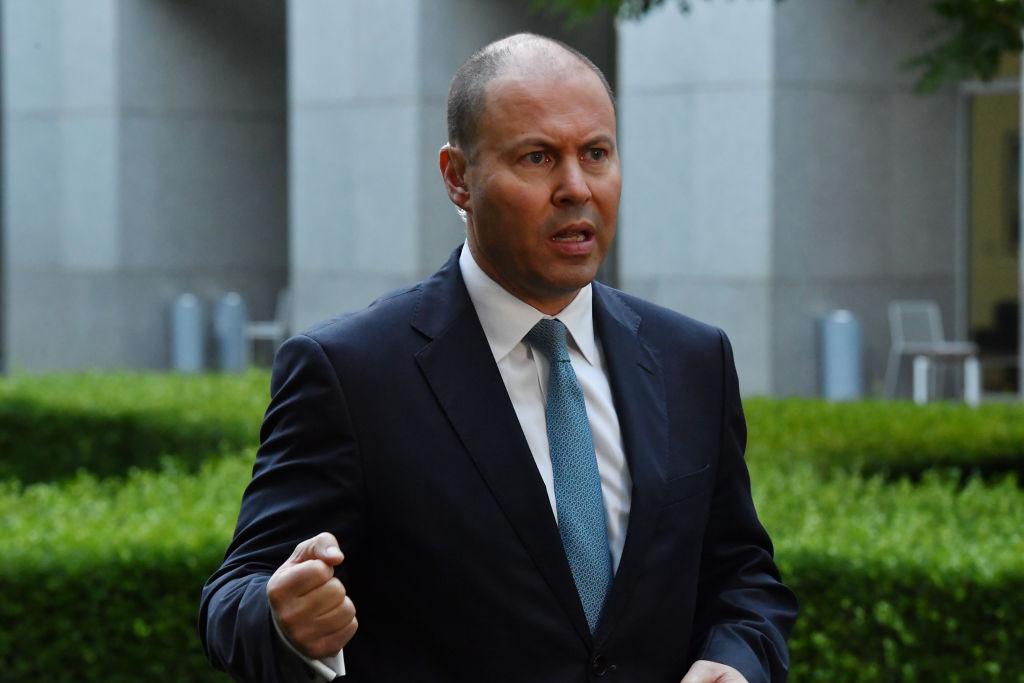An estimated 3.4 million Australians with a taxable income between $48,000 and $90,000 will be affected as the low and middle-income tax offset (LMITO), worth $1080, finishes at the end of this financial year, says the Bankwest Curtin Economics Centre.
Originally part of stage 1 of the Coalition government’s Personal Income Tax Plan, the LMITO was introduced in the 2018-19 Federal Budget to reduce tax burdens for Australians with low and middle taxable income.





